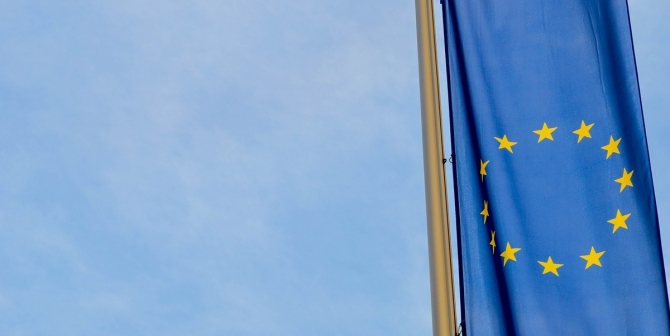In light of the ICANN 50 meeting going on this week in London and the U.S. Attorney General announcement that the Obama administration intends to extend the US Privacy Act to EU citizens, for this week’s media policy meme we chose a surveillance one. Our Batsheva Lazarus explains its origins.
Yes We Scan meme
In our post-Snowdon era, many surveillance-themed memes are in circulation, but this parody of Shepard Fairley’s seminal “HOPE” poster for the Obama campaign is our favourite. “Yes We Scan” is a play on the famous Obama speech and slogan, “Yes we can!”
The original poster and speech signify the goals of the Obama administration, so the parody implies that surveillance is rooted alongside the foundations of this administration.
EC-US ministerial meeting
As of this week though Obama’s administration has agreed to limit its scanning . . . of Europeans at least. The U.S. Attorney General stated that the US government intends to extend the data protections in the Privacy Act, formerly only available to its own citizens, to EU citizens. At a justice ministerial meeting in Athens EC Vice-President Viviane Reding released a statement calling the US Government to follow up the promises made with legislative action.
ICANN 50
The Internet Corporation for Assigned Names and Numbers (ICANN) that has been holding its 50th meeting this week is a non profit organization that was formed in 1998 to coordinate the Internet’s global domain system. Though it might appear to be a technical body, ICANN has come to be an important player issues in Internet governance. ICANN describes itself as ”dedicated to keeping the Internet secure, stable and interoperable.”
In the wake of the surveillance revelations, ICANN ‘s transition to take over the world’s central DNS servers from the US National Telecommunications and Information Agency gained urgency. Ahead of the ICANN 50 meeting, the organization’s CEO Fadi Chehadé attempted to dispel rumours that ICANN is not on track with releasing the servers from US government control.
This article gives the views of the author and does not represent the position of the LSE Media Policy Project blog, nor of the London School of Economics.






